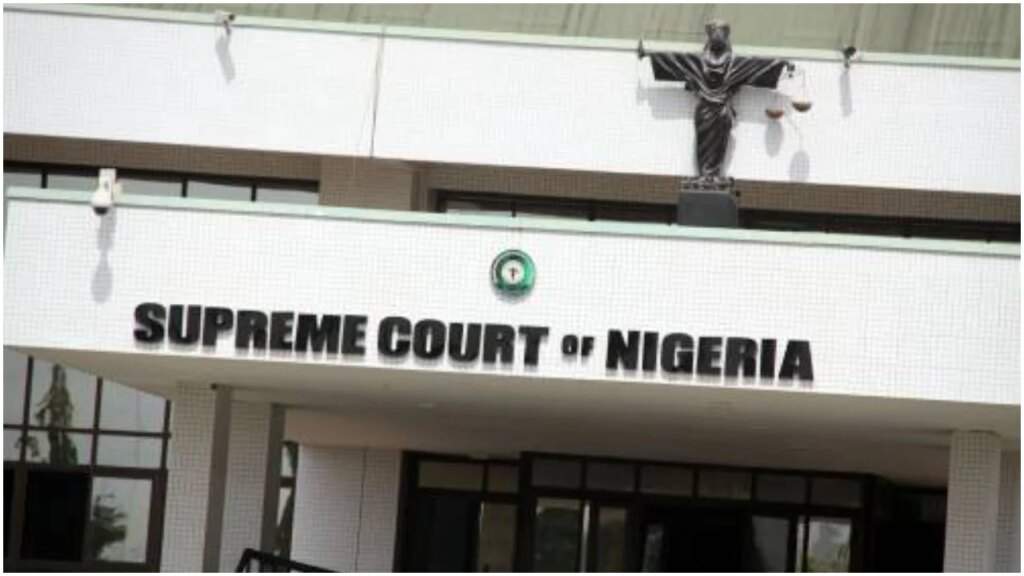In a marathon legal showdown that lasted six intense hours, the Supreme Court in Abuja has, on Thursday, deferred its judgment in the protracted legal tussle over the Kano State Governorship election.
At the heart of this legal clash are the New Nigeria Peoples Party (NNPP) and the All Progressives Congress (APC), along with their respective governorship candidates, Kabir Yusuf and Nasiru Yusuf Gawuna.
During the proceedings, Chief Wole Olanipekun, a Senior Advocate of Nigeria (SAN), urged the Supreme Court to overturn the decisions of both the Appeal Court and the Tribunal. Olanipekun specifically implored the panel, headed by Justice John Inyang Okoro, to examine whether INEC guidelines could serve as grounds for nullifying the election victory of a candidate who secured a substantial margin of over 100,000 votes.
The senior lawyer argued that the nullification of an election on the basis of unsigned or unstamped ballot papers, as ruled by the lower courts, marks an unprecedented departure from electoral norms. He underscored that INEC guidelines do not support election annulment due to the alleged failure to stamp ballot papers.
In response, the APC’s counsel, Chief Akin Olujimi, contended that the Electoral Act mandates INEC presiding officers to sign the back of ballot papers upon the election’s conclusion to validate them. He further emphasized that the tribunal’s findings centered on the absence of signatures and dates on the ballot papers, leading to the election’s cancellation where these ballots were utilized.
Additionally, counsel for INEC, Abubakar Balarabe Mahmoud, a Senior Advocate of Nigeria, supported Olanipekun’s arguments, underscoring the flawed decisions of the lower courts. He challenged the tribunal’s reliance on a subpoenaed witness’ testimony that was not presented in tandem with the petition at the tribunal, thus contravening the Electoral Act.
After receiving arguments from all parties involved, Justice Okoro reserved the judgment on the governor’s appeal, culminating an intense legal saga that began with the nullification of Yusuf’s election by the tribunal. The tribunal had cited over 160,000 invalid votes due to missing signatures and stamps on the ballot papers, prompting the APC to challenge the election outcome, alleging electoral malpractice. The Court of Appeal in Abuja later dismissed the NNPP candidate’s appeal, affirming the APC’s victory in the state’s governorship poll held on March 18.
The legal battle continues to underscore the intricacies of electoral jurisprudence, raising pivotal questions about the interpretation of electoral guidelines, the significance of procedural irregularities, and the overarching impact on democratic processes. With the Supreme Court’s impending judgment, all eyes are on the apex court, poised to deliver a verdict that could significantly shape the political landscape in Kano State.
